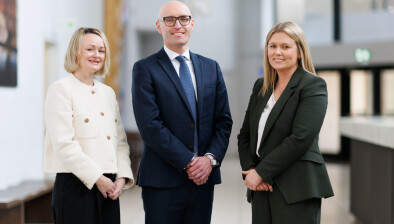Five extra judges to be appointed to High Court bench

Ministers have agreed in principle to appoint five additional judges to the High Court in order to help clear the Covid-19 backlog of cases.
The move will require legislation as the number of High Court judges is set out in law. It is not yet clear whether the additional judges will be temporary or permanent.
The Cabinet has also agreed to establish a judicial planning working group, chaired by civil servant Brigid McManus, to examine the number of judges that will be required for the administration of justice over the next five years.
Ms Justice Mary Irvine, president of the High Court, recently called for the appointment of 15 to 20 additional judges, warning that the current bench of 37 judges was not enough to handle the coming “tsunami of litigation”.
The Bar of Ireland has welcomed the appointment of additional judges and called for them to be made permanent.
Maura McNally SC, chair of the Bar Council, said: “This news is coming at a really pivotal moment. As we now face into dealing with the fall-out of Covid, it is welcome that a proactive approach is being taken in terms of planning for the future.
“Brexit and the international standing of the Irish legal services and the reputation of the State are all matters which validate these appointments. Above all, access to justice and speed of dispute resolution will be positively impacted by this additional capacity.”
She added: “Our view is that while five additional High Court judges is welcome, the need is in fact many times that, something raised by the President of the High Court some weeks ago. The work of the judicial planning working group will be instrumental in this regard.
“Prior to Covid and on an ongoing basis, The Bar of Ireland has impressed upon the State the need for adequate investment in our courts system as a key public service, and to avoid burdening a system which is experiencing significant challenges.
“It is imperative that these appointments are permanent so that the reasonable expectations of all who use and interact with the courts can be met.”










